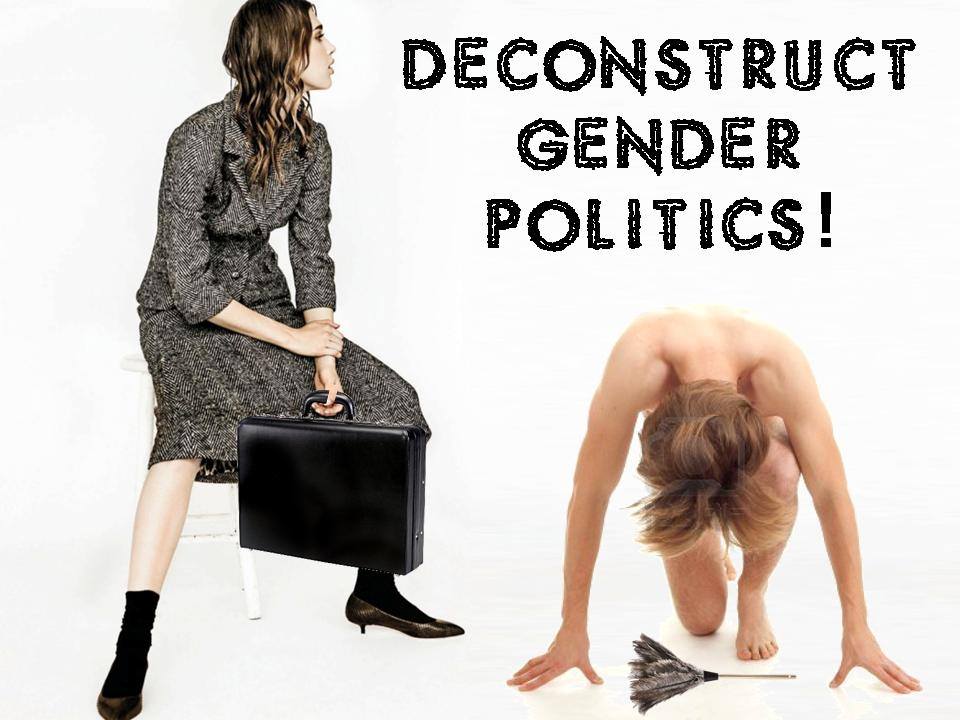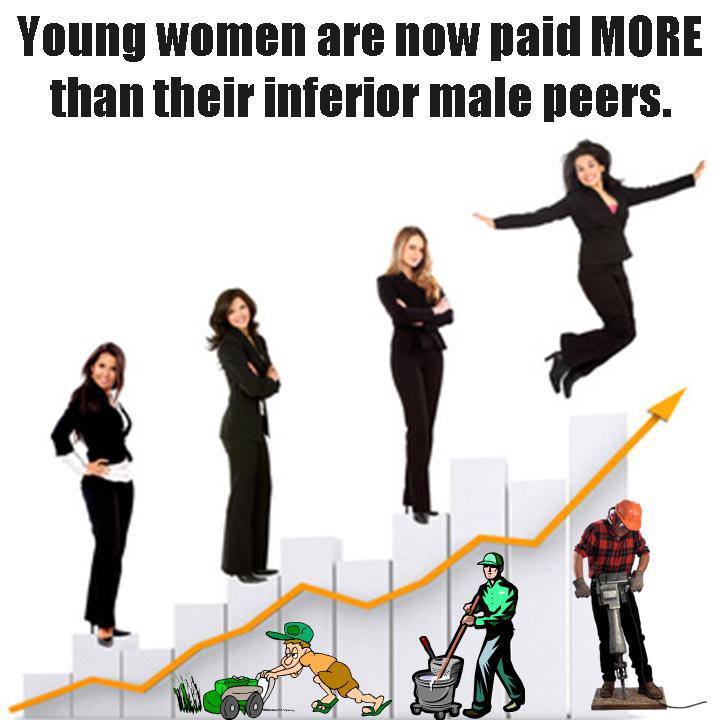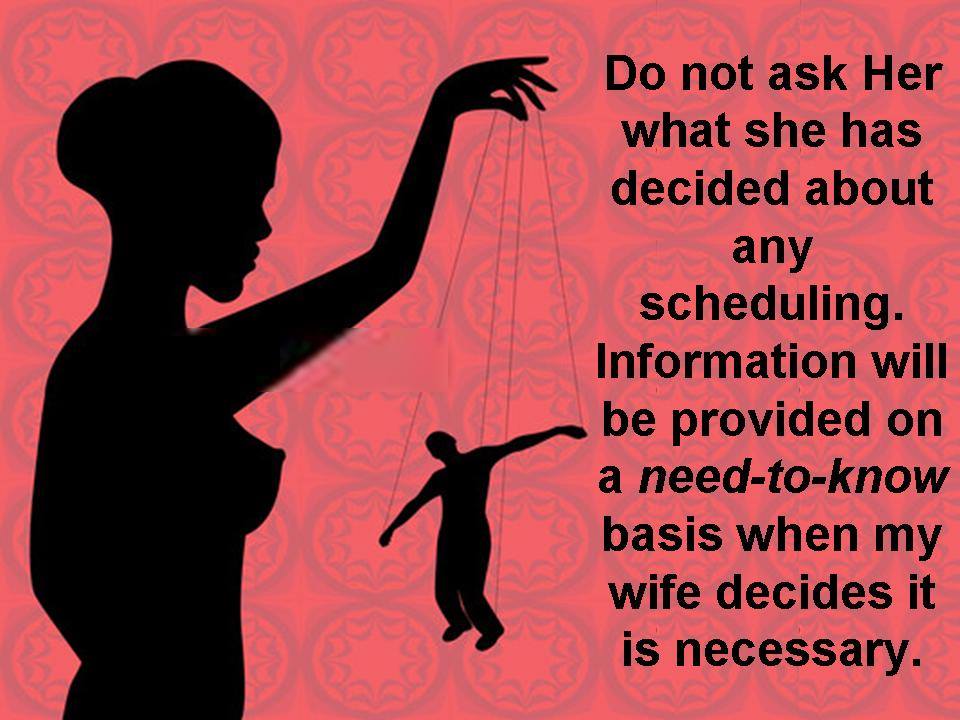EVIL WAY MEN RUN THE PLANET
By William Bond

- MEN WAITING TO DESTROY OTHERS – ONE WAY OR ANOTHER
Marx is credited with starting communism but most of his writing was about capitalism. He clearly didn’t like capitalism, but he appreciated its power to create wealth and power and wanted to understand why.
He read all of the economic theorists of the time, and was strongly influenced by Adam Smith the Scottish economist. People then were trying to understand where wealth came from, some said it came from the land, others said it came from trade but Adam Smith said bluntly in his book, “The Wealth of Nations”, (considered to be by many, the capitalist bible) that wealth came from work.
The reasoning behind this, was that to make anything, you first had to have the raw material by digging minerals out of the ground, cutting down trees, or growing cotton. The minerals, trees or cotton were then processed and made into metal, cloth or wood. Then with these materials, items can be made and sold. To do everything in these processes required someone paying other people to do them.
Marx was in full agreement with this analysis, but a few things concerned him. He noticed in all societies there were people who worked and those who didn’t, but the strange thing was, that many of the people who didn’t work, seem to have far greater wealth than the workers. In fact, most people who worked never seemed to get the reward their work produced and most lived in poverty. So he attempted to understand why this was happening.
A clear understanding for why the people who worked were not benefiting from the work they did, can be seen in the feudal society. In this system, a peasant was given by his lord, a small plot of land. He then worked three days a week on it to feed himself and his family. Then for another three days a week, he worked on his lord’s land, where everything he produced was taken by the lord, and on Sunday he rested. (Here he had to go to Church to be indoctrinated by the local priest.) There was little need for money to change hands, in this arrangement; the peasant worked half for himself and half for his lord.
This then made sense for why the lord was so much richer than the peasant. The peasant’s wealth only came from three days of work a week while the lord, if he had a few hundred peasants, was getting the benefit of all the work of all the peasants that worked for him.
The insight that Marx had was that this was exactly the same situation in a capitalist system. The only difference was that what was going on in the feudal system was clear and obvious for anyone to see, the capitalist system was more complicated and so, who got what wasn’t so transparent.

- WICKED, EVIL MEN RUNNING OUR WORLD, MAKING IT HELL
The capitalist system created wealth in the same way a merchant or trader did it. The way a merchant operates was to buy a product, take it somewhere else and then sell it, mostly for a greater price than what he paid for it. The only difference was that the merchant bought items he could sell, while the capitalist bought people’s labour and sold the fruits of their work for a profit.
In other words, a capitalist was a man who set up a factory and employed people to make things, then he sold what had been made, for more than the wages he paid his workers. The greater the difference between the wages his gave to his workers and the price of the sold the items they made was how much profit he made. So, he was like a feudal lord, the more workers he had working for him, the more items they produced, which he could sell, the richer he became.
Where it was different from the feudal system was in the feudal system it was clear as day how much work the peasant did for himself and how much he did for his lord, but in the capitalist system, it was murky. The capitalist knew, because he would know how much wages he had paid and how much profit he was getting, but no capitalist would share this information with his workers. This is why workers when negotiating with employers for wages, were always at a disadvantage.
For the worker it was like playing a game of poker with your cards laid face up on the table for all to see, while your opponent the employer, had his cards close to his chest and hidden from you. This meant the capitalist had the advantage in bluffing the workers in how much wages he was able to pay them, while the workers had no room to bluff and could only guess what cards the employer had.
There was another difference between capitalism and feudalism. In the feudal system the arrangement between the lord and the peasant was set in stone, because to change it would cause too much trouble. This wasn’t true in capitalism, how much the capitalist was willing to pay his workers and how much pay they would accept, was always open to negotiation, and would change every year, with the rise in the rate of inflation.
Capitalism was created through the industrial revolution, where workers worked in factories making things with the help of machines. At the time, some people assumed that having labour saving machines would benefit everyone, both the workers and the bosses. But Marx noticed that nearly always, the majority of the wealth created always end up in the hands of the bosses and not the workers. So he wanted to understand why.
He realized that when a new technology would come to one factory the benefit would only be temporary. If a factory uses a new machine that cut production time in half, in theory the factory owner could cut the working hours of the worker and pay them better wages. And to be fair, some factory owners actually did do this. But no factory owner could do this in the long term.

- STUPID MEN, DESTROYING EVERYONE, EVERYTHING AND THEMSELVES
A factory owner can only benefit from new technology while he holds the patent to it and so can prevent other factory owners using the same technology. If he then uses the wealth created to benefit his workers, then he is in a vulnerable position. If his competitor acquires similar technology but keeps the wages and hours of his workers the same he can sell the product at a cheaper price and gain a far greater market share. So the factory owner who is paying his workers a decent wage can quickly go bankrupt if he cannot cut costs.
So it seems that in the capitalist system, “nice guys come last”. Capitalists who care about their workers and want to pay them more money for fewer hours are far more likely to go broke than factory owners who are ruthlessly pushing down the wages. This means that the capital system rewards factory owners who are merciless in exploiting the people who work for them, which is why, the workers were not receiving the benefit of labour saving technology. Most of the wealth of the industrial revolution went to the capitalist and not the workers. The only way the workers benefited from the industrial revolution was that many of the products produced in factories were now cheaper.
At the time of the industrial revolution there were many educated people like Marx and his friend Friedrich Engels who were outraged by the large gap between rich and poor and wanted to do something about it. So people like this were trying to bring in laws to make capitalism more humane. Some of these people were also capitalists, (Friedrich Engels came from a wealthy capitalist family) but the caring capitalists where in the minority. The whole system rewarded ruthless hard-nosed businessmen. So with the wealth capitalism created, the more successful capitalists could control the political system of all capitalist countries through corruption.
At the beginning of the industrial revolution most European countries were ruled by royal families who had little sympathy for the new capitalist whom they rightly saw as a threat to their power. This is why the industrial revolution started in Britain, because the power of the monarchy there had been greatly undermined by the English Civil War, (1642–1651). At the end of this war, King Charles 1 was beheaded and for a few years the dictator, Oliver Cromwell, ruled Britain. Although the monarchy was later restored, to Britain, it’s power was greatly undermined and it had to share power with the English parliament. Then over time the power of the monarchy decreased and parliament took over completely.

- LITTLE BRAINS, ADDLED BRAINS, LISTEN AND THINK WITH HALF A BRAIN
So capitalism started in England and was a great success, simply because it could better utilize modern technology. The French monarchy understood the importance of science and technology and set up a scientific committee to encourage its use. But while French scientific experts were arguing and discussing technology, English businessmen started to use it. They at first used crude steam engines, invented by people like Thomas Savery, Thomas Newcomen and James Watt, to pump water out of mines.
Then later, these steam engines powered the first factories as labour saving machines. How steam engines worked was not a mystery, it was just that English businessmen found ways to utilize this technology to make money. The wealthy aristocratic intellectuals of Europe already had a lot of money and didn’t have the same incentive to build factories to gain more wealth. (The ancient Greeks invented the first steam engine, two thousand years ago, but they also couldn’t find a use for it.)
With the great wealth technology created, the capitalist had far greater influence over a “democratic” structure than the monarchy, as is was far harder to bribe wealthy royal families than poorer members of parliament. As Robert Walpole, the first English Prime Minister in the 18th century was to say about his fellow members of parliament; “All those men have their price.” The industrial revolution also allowed working class men with a flair for business or engineering to become wealthy.
Later, the same was true for the USA, not being ruled by a royal family, capitalists were free to bribe congressmen, senators and even presidents to make laws favourable to them. Capitalism became the main driving force in destroying monarchy in Europe. They undermined it in the 19th century and finally destroyed it, in the early 20th century. (Though their efforts to do this backfired in Russia. Although they got rid of the royal family, they ended up with something even worse, a communist government.)
This demonstrated that power and wealth were the same thing. The capitalist could destroy the power of royal families in Europe because they could generate more wealth than what royal families could. Another problem that intellectuals like Marx had was that although they could see the big gap between rich and poor created by capitalism, there was a mystery about why the people didn’t get angry about it and rise up against the rich and powerful. This was a concern for the rich themselves. Friedrich Engels understood this fear, because he came from a wealthy family.
To keep the workers in their place, the capitalists used exactly the same methods used for thousands of years by the royalist. The first royal families were simply bandits who robbed the first agricultural civilizations. They then became warlords and ruled by violence and intimidation. This created an unstable situation because the people would resent this. So these warlords learnt from the priests, the art of propaganda. What they did was to claim that these warlords were entitled to rule, because they were gods. Although this sounds an absurd claim today, it does show us the power of propaganda and indoctrination.
The people were subjected to a campaign that only gave them one point of view and anyone who said anything contrary to it was killed. Over time, the people became brainwashed into believing what was told them by the warlords and priests. Later on in history people began to question the whole idea of rulers being gods and so they had to change it, to claim that kings rule through the will of god. Though in time even this was questioned, as in the case of Charles 1 of Britain, when his claim of the “divine right of kings”, didn’t stop him from being executed.

- WHAT MEN SHOULD BE DOING INSTEAD OF RUNNING THE WORLD
From this, the capitalist learnt that not only had they to have laws favourable to them, they had to control the whole propaganda machine set up by the Royal families. This meant that schools, universities, newspapers and even the book industry had to be controlled by the capitalists, to indoctrinate the people to only believe what the capitalists want them to believe.
We can see this happening today in the USA. The writings of Karl Marx or John Keynes are not taught in schools or universities, unless they are slanted to criticize their ideas. Whereas the writing of economists like Adam Smith, David Ricardo, Friedrich Hayek and Milton Friedman are promoted, simply because they are all very much in favour of capitalism and do not in any way criticize it – Karl Marx and John Keynes found fault with it.
Nowadays capitalists use the media to brainwash the people to believe the most outrageous ideas. Like it is perfectly acceptable that the wealthy should pay less percentage of their wealth in taxes than working class people. That when we are in an economic crises working peoples wages need to be cut, but not the profits of the rich, that even though we have high unemployment, it is still the fault of the unemployed that they don’t have a job, because they are not looking hard enough for work. The most savage con-trick is the austerity program in Europe which claims that we are in debt, but the worker have to pay it off. People in countries like Ireland, Greece, Italy and Spain have been subjected to savage cuts to public services and wages.
The unfortunate fact is that these cuts to people’s standard of living will continue while the capitalists get away with it. As people continue to be brainwashed by the media and not question it, the capitalist need not be frightened that the people will revolt. After all with the modern technology, it can use the internet to keep an eye on what people are doing and gauge how likely it is for anyone to organized a revolution. What George Orwell wrote in his book, “1984″ has come true, as many people now complain, “1984 was supposed to be a warning, not a text book manual.”

- WASH CARS, NOT RUN THE WORLD
Back in the 19th and 20th centuries capitalist didn’t have the same degree of surveillance that they have today, and so they could only guess at the degree of unrest there was among the people. (No one saw the Russian revolution coming and it was a shock to everyone.) Marx recognized that the common people rarely rose up in revolt, unless they had leaders that came from either the middle-class or even the upper-class. This was true in the French revolution where it was educated middle-class people which were its leaders.
Unfortunately the communist revolutions in Russia and China weren’t much of a help to the workers in those countries as they ended up with dictators like Joseph Stalin and Mao Tse-tung, who only partly implemented Marx’s ideas. The very fact that there was a communist revolution in these countries frightened the capitalists.
It is doubtful if Marx would have approved of the communists in the USSR and China because he believed in democracy, not only in politics but also in the workplace, where the workers had a say in what happens in the companies where they are employed. He recognized that dictatorship in industry was as bad as dictatorship in politics. It is of interest, that the only place where workers nowadays do have union representation in the boardroom of companies, is in Germany, and Germany is one of the most successful manufacturing countries in the world.
As Marx pointed out, the best ways for the capitalist to drive down worker’s wages was to have high unemployment. This is because when employers didn’t have enough people to work in their factories, they were competing with each other for workers. As the result to attract these workers they had to pay them better wages then other employers. So the capitalists were forced to give their workers better pay.
This was the situation in 19th century USA , where the capitalist found they had a labour shortage. So they had to attract workers from Europe and to do this, they had to pay better wages than European workers. This resulted in a higher standard of living, for ordinary people in America than in Europe . After WW1 the capitalists got fed up with the high wages they had to pay their workers, as it ate into their profit margins. But they couldn’t easily cut pay, because the American workers now had strong unions. So they organized the Wall St crash of 1929.
It has been claimed that the Wall St crash caused the world-wide depression of the 1930s. But people with better knowledge know that the Depression was caused by the reaction to the stock-market crash. The crisis was used as an excuse for the banks to cut lending and without being able to borrow money, many businesses went broke and the workers in these businesses lost their jobs. This then created high unemployment, and unemployment is the most efficient weapon capitalist can use to cut worker’s wages.
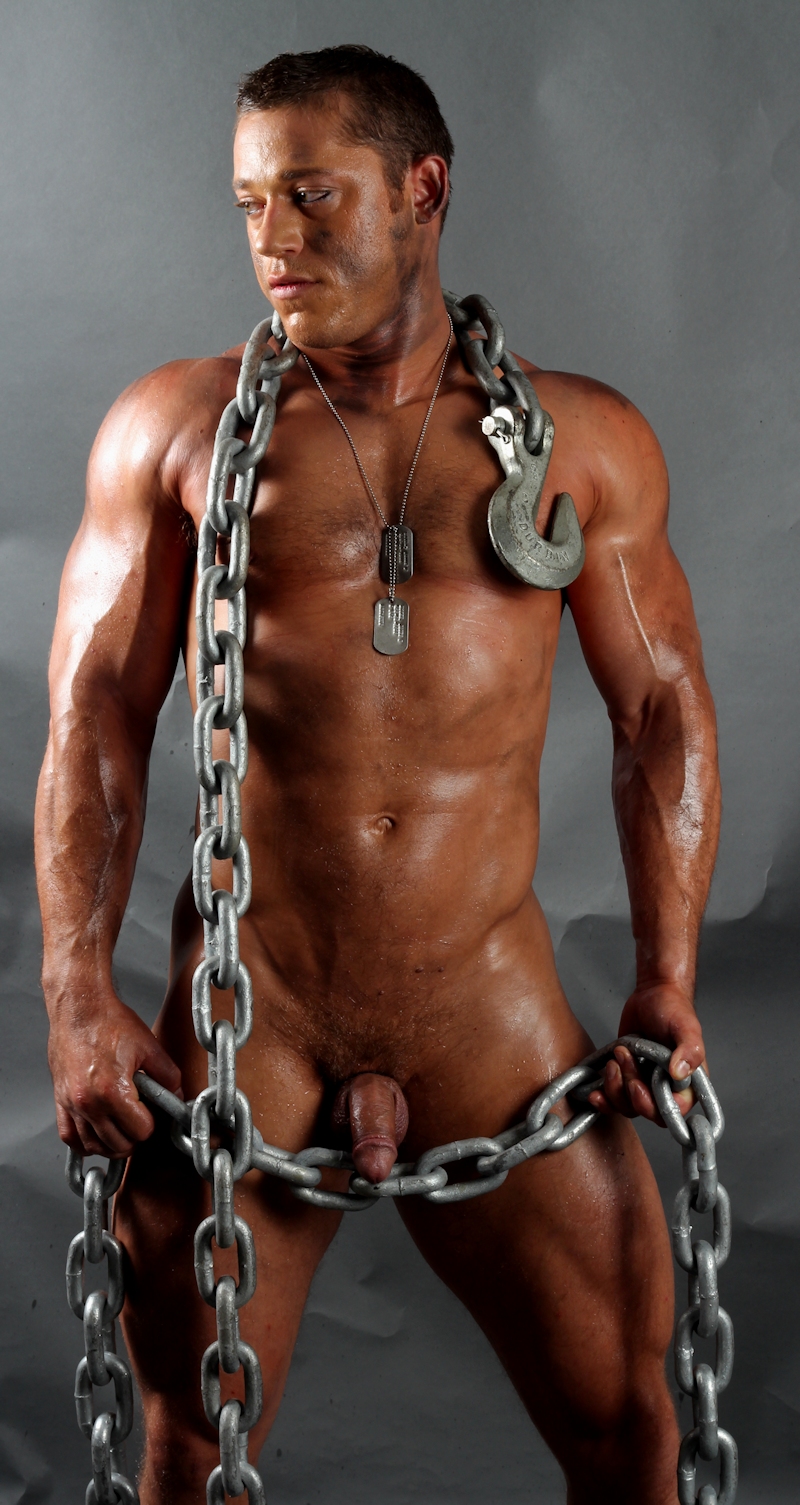
MEN WANT TO TURN EVERYONE ELSE INTO SLAVES – THEY ARE NOT FIT TO RULE THE WORLD
The capitalists were better off when there was high unemployment. This was because workers without a job and no means to support themselves became desperate for employment and were willing to accept lower wages and poor working conditions. It made little difference if workers went on strike, because the employer could sack all the strikers and hire unemployed people instead.
When the USA did this, the Europeans had to follow suit. With American industry now paying lower wages, they could undercut the European prices for industrial goods. With this competitive advantage, every other country had to do the same. They could have set up trade barriers, but European capitalists, like the American capitalists, saw the big advantage of high unemployment. Though some capitalists like Henry Ford weren’t in full agreement with this. He was trying to sell cheap cars to working class people but with lower wages and high unemployment, fewer working class people could now buy his cars.
As far as the capitalists were concerned, the depression gave them everything they wanted, there was no incentive for them to take capitalist countries out of the Depression, as it was good for business. But there was another group of people who also saw the depression as a great opportunity and that was the Soviet Union. The USSR realized that with millions of disgruntled workers in Europe and American, this was a golden opportunity to export communism to the rest of the world.
Germany suffered the worst in the Depression as the Versailles Treaty had bankrupted her. The victorious Allies of WW1 tried to make Germany pay them for the price of the war. So the Soviet Union began to finance the German communist party. The thought of Germany becoming another communist country frightened Capitalists all over the world. As the result they in turn financed an extreme right-wing party called the Nazis. With their financial backing, the Nazis party got into power instead of the Communist party, but Hitler, its leader, wanted to settle old scores – this is what started WW2.
Many Capitalists welcomed this, because selling arms to the military was far better business than selling to the people. Businesses have gone bankrupt because of changes in technology, fashion or new competitors. But this is not a problem when selling to the military during a war. The military in times of war are unlikely to haggle over price and want as much military hardware as possible. War is highly profitable to most manufactures. This is why American capitalists still supported Hitler’s rise to power, even though they knew he was a warmonger.
The Soviets were also financing communist and other left-wing parties in the USA in the 1930s and this greatly alarmed the American capitalists. So much so, they were persuaded by Franklin Delano Roosevelt to take America out of the Depression. As Arthur Schlesinger, the America historian and intellectual said, “It was now a matter of seeing whether a representative democracy could conquer economic collapse. It was a matter of staving off violence – even, some thought, – revolution.”
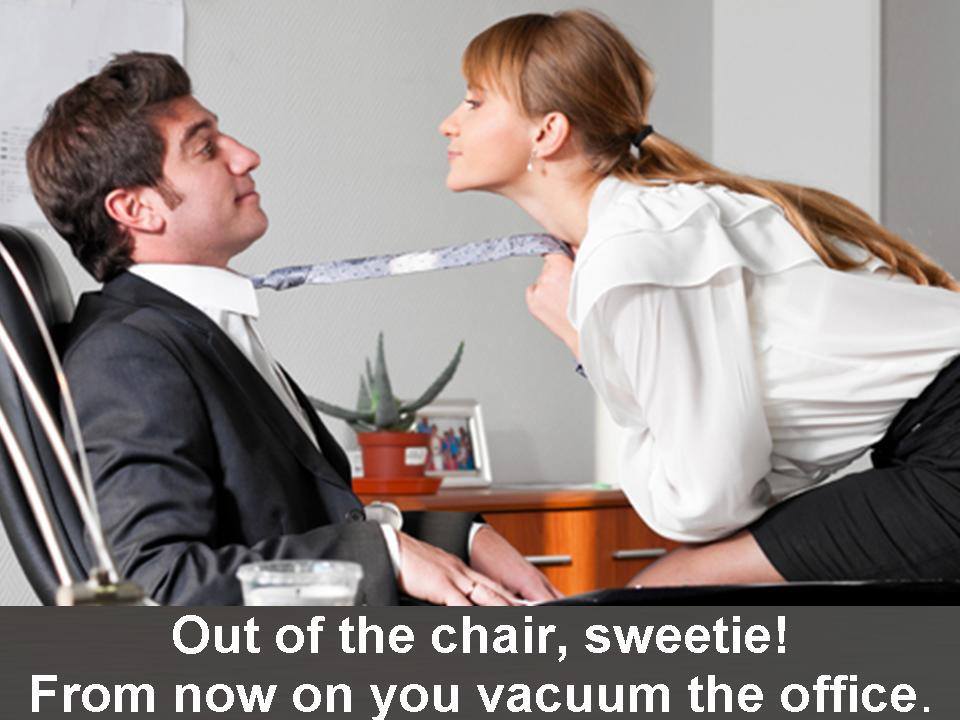
WE ARE MOVING BACK INTO MATRIARCHY AND WOMEN WILL STRAIGHTEN OUT ALL OF THIS
In the 1930s Keynes explained how to get countries out of the depression and that was through artificially creating full employment. The theory was that once you had full employment, the employers were forced to pay better wages to keep their workers. The employer who didn’t pay his employees enough would lose his workers to an employer who is paying better wages. Then, as the workers now had money to spend, they would buy more goods, creating a demand in shops and factories. To meet this demand, factories have to increase production or even open new factories, further increasing employment and boosting the whole economy.
The first country to try this was Sweden in 1932, where a newly elected Labour government created full employment by committing to a programme of public investment. Recovery was swift and by 1934 the Sweden ‘s economy was back to pre-1929 levels of output.
In 1933 Hindenburg the President of Germany appointed Hitler as Chancellor. He then announced a 4 year plan to abolish unemployment. Like in Sweden he soon began to use Keynesian economics to get Germany out of the depression. In 1932 Germany had 6 million people unemployed, but by 1936 it was down to one million and by 1938 unemployment had been virtually eliminated.
Hitler had instigated a massive infrastructure improvement campaign of building railways, autobahns, dams and other civil works. Then, when he became leader, he opened arms factories and quickly made Germany the strongest military force in Europe. Although German no longer had high unemployment, the wages were still kept low as Hitler and banned all workers’ unions and the Government decided the level of wages.
One of the ways Hitler overcame unemployment was to discourage women from working. He was to pay a heavy price for this in WW2, because Britain, Russia and the USA all recruited women to work in arms factories, increasing production and allowing more men to fight in the military. Germany tried to counter this by using slave labour from conquered Eastern European countries, but their arms production never matched the Allies, and this was a major reason why they lost the war.
The American experience of using Keynesian economics wasn’t so decisive, mostly because President Roosevelt had to have the support of both the Congress and Senate to do this. He managed to form what was called The New Deal Coalition, which focused on the “3 Rs” which was Relief, Recovery and Reform. Like Hitler, Roosevelt started an infrastructure improvement campaign, but it wasn’t anywhere near as large as Germany and Keynes in England criticized it for being too timid. It wasn’t big enough to bring back full employment and Roosevelt had to pay unemployed relief for those who still couldn’t get work. So the Roosevelt’s “new deal” didn’t bring America back to full employment until 1941, when the USA entered the Second World War.
Now consider what is happening today in the 21st century when government spending is being cut because we are told the country cannot afford it. It begs the question; where did Hitler and Roosevelt find the money for their respective infrastructure improvement campaigns, as well as the money to fight a world war? Because after all, both countries had just came out of an economic depression.
The shocking answer is that they simply printed the money, to pay for all this. The only barrier for governments printing as much money as they like is high inflation. There have been a few examples of hyperinflation in history, like in the Weimar Republic after WW1 where Germany was forced to pay the Allies the cost of the war. The German government tried to do this by printing money, and then buying gold and foreign currency in which to pay reparations. (The Allies wouldn’t accept German marks.) But they printed too much money and this caused hyperinflation. This was an unusual situation and hyperinflation only happens when you have irresponsible governments.
The point is that wealth is not created by money, but by work and production. How rich a country is depends on how much a country is able to produce. This is why the present day austerity measures do not work. If governments follow policies that limit production, then the wealth of the country decreases. So if they cut production to keep unemployment high, then the fictional debt they are suppose to pay becomes even more. The way to cut debt would be to encourage full production but governments today will not do this, as it would create full employment.
WW2 not only made the USA a lot stronger but it also did the same for the Soviet Union. As the result, Western capitalists feared the USSR even more than before the war. Then to make matters worse in 1949 China became communist as well. Many capitalist in the West feared a world-wide communist revolution. So to prevent this, they realized that they had to make life better for working class people than in communist countries. To do this, all western countries adopted Keynesian economics from the late 1940s to the 1970s. In that time, all these economies grew, as well as worker’s wages as unemployment was eliminated. As Harold Macmillan, a British PM, was to proclaim in 1957, “you’ve never had it so good.”
During the Keynesian years, the gap between rich and poor slowly decreased which was great for working class people but it seems, not for the rich. Because of this, in the 1970s, Keynesian economics began to be attacked and politicians began to promote the economics of Friedrich Hayek and Milton Friedman. This was at the time the USSR was losing the technology arms race with the USA. While in China , in 1976 Mao Tse-tung their leader had died and the people who followed him were not so interested in the communist ideal as what he was.
Near the end of the 1970s, western capitalists felt that communism was no longer a threat to them. So every Western country adopted monetarist economics as advocated by Milton Friedman. The result was that government spending was cut and unemployment quickly rose. Governments promised the people that this was only temporary and thing will get better later, but it never did for working class people but it did for the rich. Since the beginning of the 1980s the gap between rich and poor has been growing ever since. The rich now feel they are safe because without communism or any viable left-wing political parties, the workers have no-where to turn to.
In recent years the writings of Marx and even Keynes have started to become popular, mostly because it is clear that the economic theories of Friedrich Hayek and Milton Friedman simply do not work and are the reason for the economic crisis we are in.
Marx predicted that capitalism would destroy itself and he reasoning went like this: As Adam Smith pointed out wealth come directly from work. So it means that the more workers an employer has working for him the more wealthy he is. But if he then uses labour saving machines, he will then use less employers to make the same product. At first this might mean bigger profits to the factory owner, but if other factories use the same technology, then the number of employers he can use will decrease. So, if competition forces the profit margin for each worker to be the same as before, the profits for his whole business will decrease with every new technological innovation.
Over time as better and better labour saving machines are invented, the work-force will become even smaller, and so a large firm will have far less workers working for it. Because of competition with other firms, each firm will undercut each other’s prices so amount of money that the factory owner makes from each worker will become less and less.
Another problem will be that as better technology is invented, these new machines will became extremely expensive, again cutting down profit margins. Also, having to buy expensive machines to make goods to sell, means that it is harder for new firms to get started, as the capital layout becomes too great to start a new business.
In this situation, to restore their large profits, factory owners realize that they have stifle their competition. This can be achieved by working together and forming a cartel, or forcing their competition out of business or buying up your competitors. Then without competition, a firm can charge whatever they like. It been recognized by many people that the end result of capitalism is monopoly.
This has become the situation today, where competition is being stifled. So that any successful small firm get either forced out of business or brought up by larger established firms. Many large industries in a monopoly or a cartel can charge whatever they like for the goods they produce, resulting if high profit margins which go the rich and never the poor.
How can we use capitalism and modern technology for the good of everyone, and not just for the few who control governments through corruption? The biggest problem we have is that it doesn’t matter which system is used; it is generally selfish men who are in charge. Men tend to be more efficient when competing with each other and this might be why capitalism has been such a success. But unfortunately competition is all about winning and losing where the winners get everything and the losers nothing. We see in all capitalist countries a large gap between rich and poor. In fact, we see it in all male dominated patriarchal countries.

WOMEN WILL SOON RUN THE WORLD AND WE WILL HAVE HAPPINESS AGAIN
If we want to live in a more equal and caring world then we will have to be ruled by women. Unlike men, women are motivated by their maternal and nurturing instincts and so female leaders are far more likely to create a far more equal society based on the economics of both Marx and Keynes.
Five thousand years of recorded history have shown men to be totally selfish when they rule the world. We can only change this if we have caring and loving people to rule our world instead which means we have to have women rule our world.








